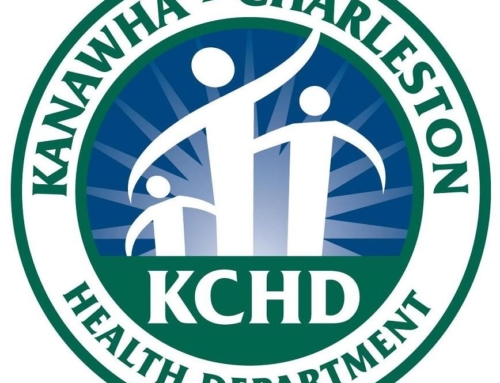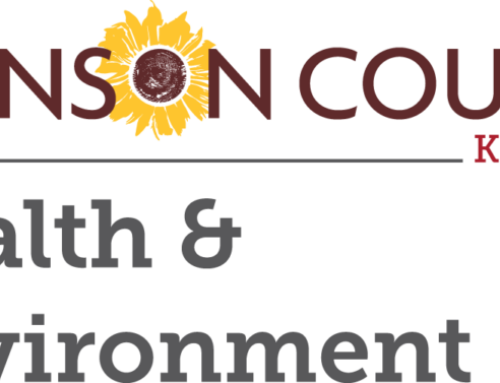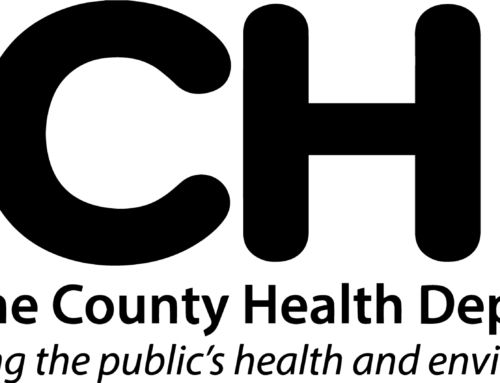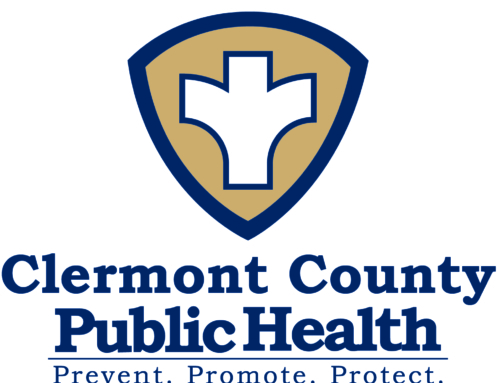Project Description

“Austin Public Health is a more accountable organization while striving to uphold the rigor and excellence that public health accreditation signifies.”
Raising the Bar: Austin Public Health Upholds Accountability Through Accreditation
By Veena Viswanathan, MPH
Austin Public Health (APH) in Austin, Texas, experienced significant gains while working towards public health accreditation and earning accreditation from PHAB in May 2016. Accountability to our residents, partners, and officials continues to drive APH staff to meet standards, collaborate on best practices, and prepare for reaccreditation. Much like achieving accreditation, APH leaders, from front line to executive, play key roles that contribute to stronger services and better reach to those most in need. This article reflects the work of many APH leaders.
Preparing for accreditation and actually going through the site visit process helped APH to strengthen its infrastructure, communicate performance measures, track progress, and advance the workforce. We view accreditation as a roadmap to improve public health processes which, in turn, provides APH with focus to help our leaders prioritize efforts throughout the year.
One of the challenges we recognized when developing the accreditation prerequisites (community health assessment, improvement plan, and strategic plan) was fragmented staff and resources which made prioritizing and organizing initiatives challenging. To leverage resources, APH centralized community health improvement planning and strategic planning into one planning unit which improved coordination and resource-sharing. This re-organization enabled more staff to engage in improvement planning activities such as outreaching to partners, facilitating groups, and collecting data for multiple planning processes. In addition, APH merged strategic planning with change management in order to focus priorities and reduce the number of teams/committees, using the time saved to conduct quality improvement (QI).
Another needed improvement was best realized during the site visit when APH leaders briefed officials and partners on APH programs and performance. The process helped us understand the value of brevity and visually appealing materials. In 2017, APH developed 1-page issue briefs on priorities and programs, outlining successes, public appreciation, community needs, and gaps in our services. APH is now more equipped with tools to use when communicating with audiences ranging from elected officials to residents.
Realizing that we needed better tools to capture QI activities at the agency level, our QI leaders developed a bi-annual assessment to leaders and managers asking about their QI efforts which then led to more discussion, training, and opportunities for program collaboration. We also developed a tracking tool that helps us analyze and report on department-wide QI activities while formally identifying areas exceling in QI and areas needing assistance.
This past year, APH worked on strengthening our capacity to engage the community when we develop materials, a focus area identified in our site visit report. Through QI activities, we learned that staff needed to know how to engage residents in feasible ways while being culturally and linguistically appropriate without requiring additional funds. APH worked with its health educators and other leaders in order to develop a 1-page tool on how to engage residents when we develop or revise materials, with or without funding, while being culturally and linguistically appropriate. The tool also includes leveraging partners for messaging. We’re now better prepared, have staff ownership, and a stronger workforce.
APH is a more accountable organization while striving to uphold the rigor and excellence that public health accreditation signifies.
Austin Public Health in Austin, Texas, was awarded national accreditation through the Public Health Accreditation Board on May 17, 2016.
About the author: Veena Viswanathan, MPH, is Business Consultant and Accreditation Coordinator at Austin Public Health in Austin, Texas. Contact her at [email protected].




